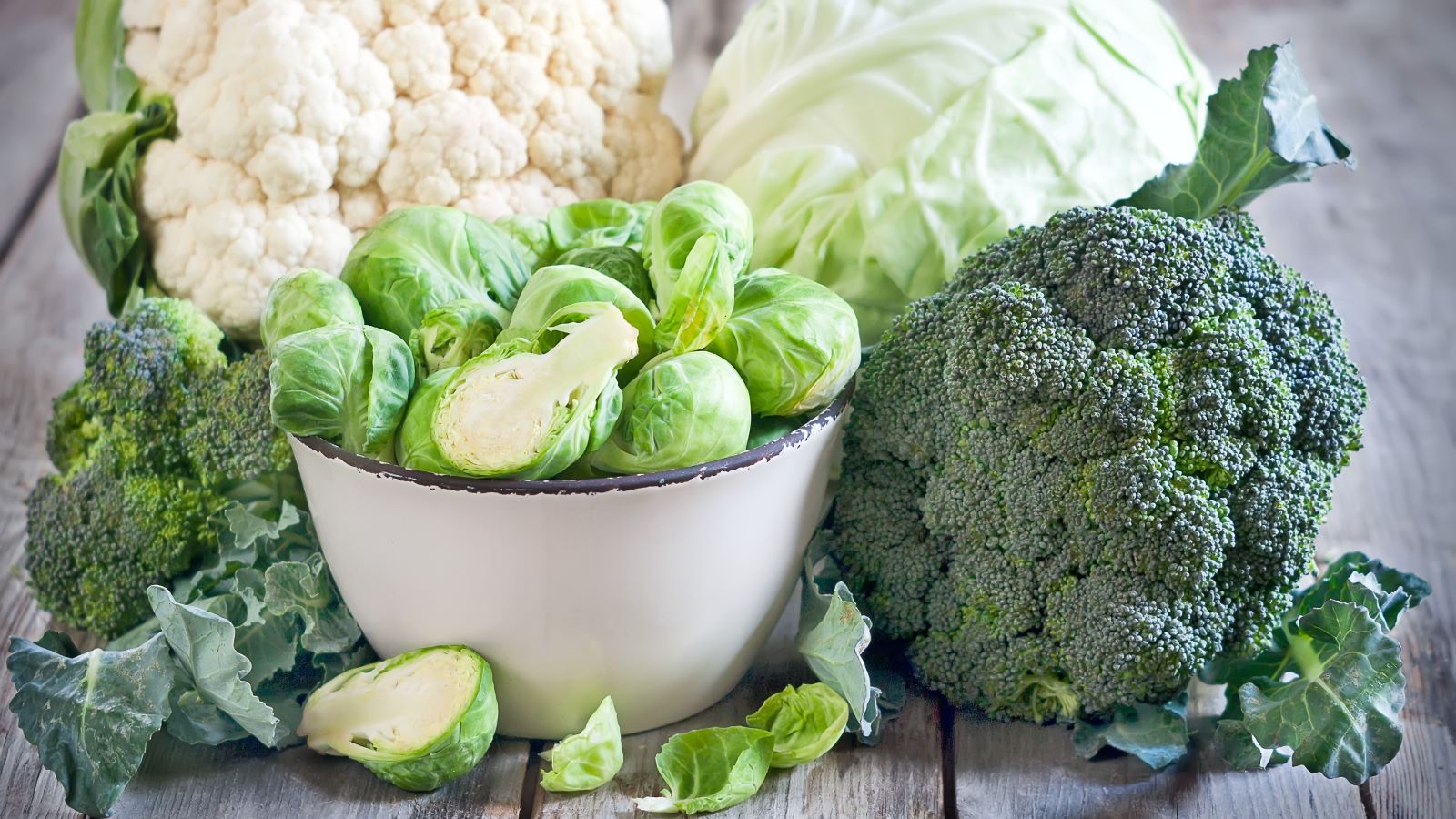Navigating your world with diabetes can feel like solving a puzzle. And the missing piece? It might just be your diet.
Here’s why eating well is crucial in managing your diabetes, and what foods are your friends and your foes.
Food affects your blood sugar.
High blood sugar, which results from the inability of your pancreas to release insulin, is the main cause of diabetes.
“What you eat, how much and when you eat all impact our blood sugar levels,” explains Raashi Khanna, DO, primary care physician in Wethersfield.
Everything we eat and drink breaks down into one of three nutrients – carbohydrates, proteins and fats. Because carbohydrates break down into sugars, they tend to have the biggest impact on blood sugar.
However, it’s important to consider all nutrients when making healthy diet choices, not just the harmful ones.
> Related: 7 Foods That Won’t Spike Your Blood Sugar
3 best foods for diabetes.
According to Dr. Khanna, these food groups are your friends:
- Non-starchy vegetables, such as broccoli, carrots, cauliflower, greens, peppers and tomatoes, will keep you full with fewer calories and carbohydrates.
- Fruits without added sugars like oranges, melons, apples, grapes, bananas and berries provide our bodies with essential nutrients and fiber.
- Lean proteins such as skinless poultry, fish high in omega-3 and eggs promote fullness and will help stabilize blood sugar. Note if you have kidney damage, be cautious about your protein intake.
Avoid these foods
- Fried foods are high in salt and can worsen your blood pressure levels.
- Sugary treats like chocolates, cakes and candies can cause rapid blood sugar spikes and contain no protein or fiber.
- Processed and packaged snacks. The added preservatives, coloring and unhealthy fats in these foods can worsen your cholesterol levels and blood pressure.
If you still find yourself struggling to make healthy diet choices, you’re not alone.
Reach out to your primary care doctor. They can help you optimize your diet and lifestyle for better health outcomes.



